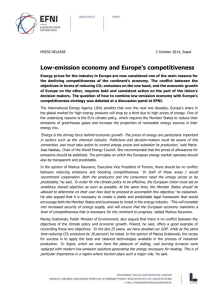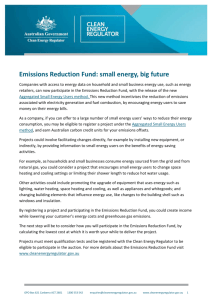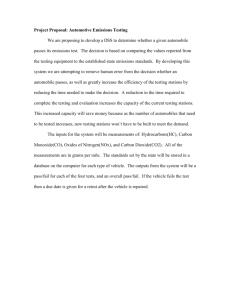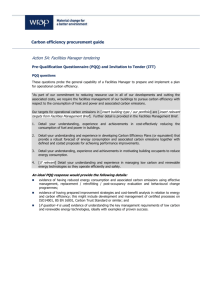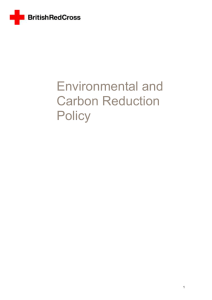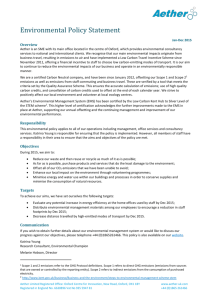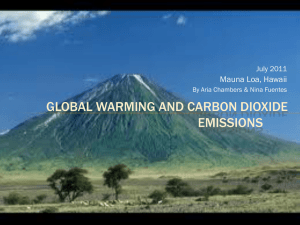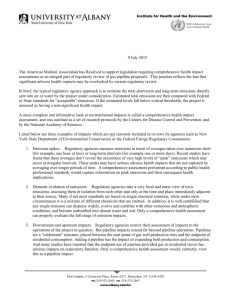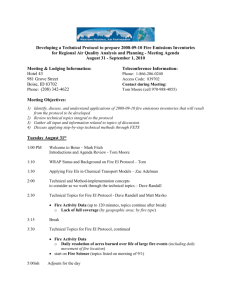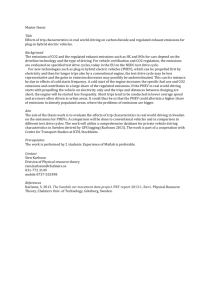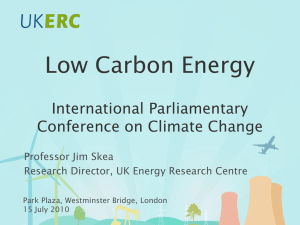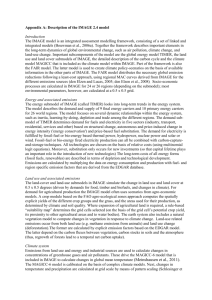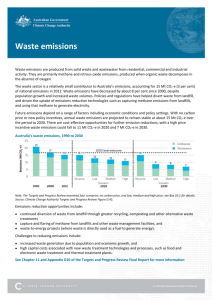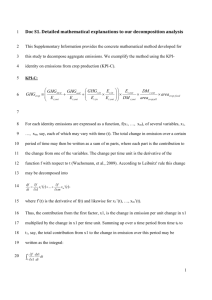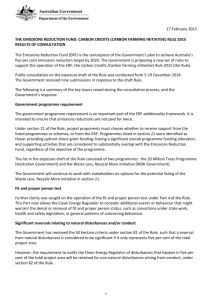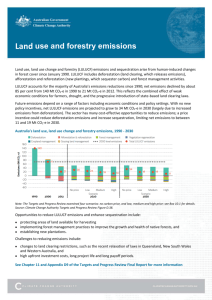Mr. Martin Khor, Executive Director, South Centre
advertisement
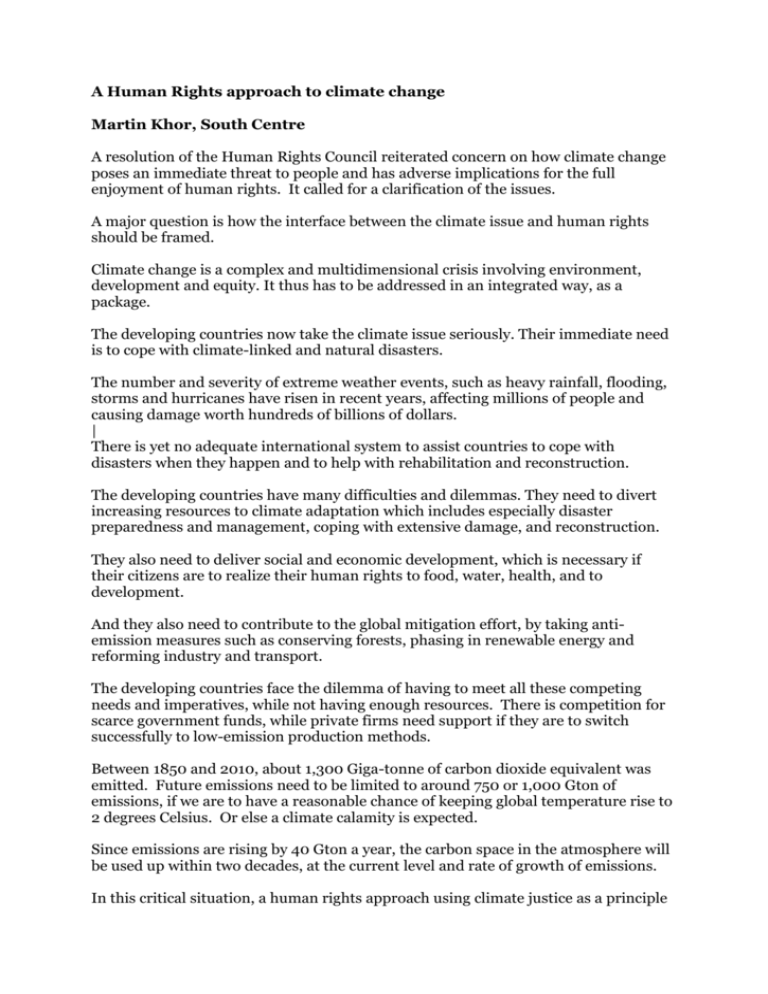
A Human Rights approach to climate change Martin Khor, South Centre A resolution of the Human Rights Council reiterated concern on how climate change poses an immediate threat to people and has adverse implications for the full enjoyment of human rights. It called for a clarification of the issues. A major question is how the interface between the climate issue and human rights should be framed. Climate change is a complex and multidimensional crisis involving environment, development and equity. It thus has to be addressed in an integrated way, as a package. The developing countries now take the climate issue seriously. Their immediate need is to cope with climate-linked and natural disasters. The number and severity of extreme weather events, such as heavy rainfall, flooding, storms and hurricanes have risen in recent years, affecting millions of people and causing damage worth hundreds of billions of dollars. | There is yet no adequate international system to assist countries to cope with disasters when they happen and to help with rehabilitation and reconstruction. The developing countries have many difficulties and dilemmas. They need to divert increasing resources to climate adaptation which includes especially disaster preparedness and management, coping with extensive damage, and reconstruction. They also need to deliver social and economic development, which is necessary if their citizens are to realize their human rights to food, water, health, and to development. And they also need to contribute to the global mitigation effort, by taking antiemission measures such as conserving forests, phasing in renewable energy and reforming industry and transport. The developing countries face the dilemma of having to meet all these competing needs and imperatives, while not having enough resources. There is competition for scarce government funds, while private firms need support if they are to switch successfully to low-emission production methods. Between 1850 and 2010, about 1,300 Giga-tonne of carbon dioxide equivalent was emitted. Future emissions need to be limited to around 750 or 1,000 Gton of emissions, if we are to have a reasonable chance of keeping global temperature rise to 2 degrees Celsius. Or else a climate calamity is expected. Since emissions are rising by 40 Gton a year, the carbon space in the atmosphere will be used up within two decades, at the current level and rate of growth of emissions. In this critical situation, a human rights approach using climate justice as a principle should recognize the following points. First, the developed countries should take the lead because of historical responsibility (they contributed most of the emissions in the atmosphere), their higher income, and their technological capability. They should therefore lead in mitigation efforts and also transfer finance and technology in adequate amounts to the South, in line with their commitments in the UN Climate Convention. Second, the developing countries have to upgrade their efforts to cope with effects of climate change through adaptation measures, disaster management and post-disaster reconstruction. They also have to strive for social and economic development, support their people to meet their rights to food, housing and development, and at the same time attempt to switch to a low-emission production model. Thirdly, the developing countries will not be able to undertake their multiple tasks by themselves. Concrete mechanisms need to be set up for providing adequate funds and environmentally sound technology to developing countries. The amounts needed run into many hundreds of billions of dollars annually, according to estimates by the UN and the World Bank. Fourth, a global deal needs to be negotiated at the UN Climate Convention that takes these multiple dimensions into account. The negotiating framework should be based on the Convention’s principle of environment ambition to minimize climate change, and the principle of equity in sharing the efforts to be made by countries and in supporting developing countries through finance and technology. As the market left to itself cannot solve the problem, both developed and developing countries need to institute big changes in economic policies, technology and lifestyles. Such major changes require coordination and cooperation at the global level, that are based on solidarity, equity, justice and respect for human rights. If this orderly and fair transition does not take place, then there will be drastic climate change which itself will bring about economic and social changes that are chaotic, disorderly, and based on coercion rather than cooperation. In this nightmare world, each country and each person will fight only for their own narrow interests, in a mad scramble for survival where the rich and powerful have the advantage and the weak and poor will be pushed aside. Thus it is important that those involved in protecting human rights join forces with those fighting for justice in climate change, so that the first scenario of cooperation and solidarity wins over the second scenario of climate chaos and the law of the jungle.

